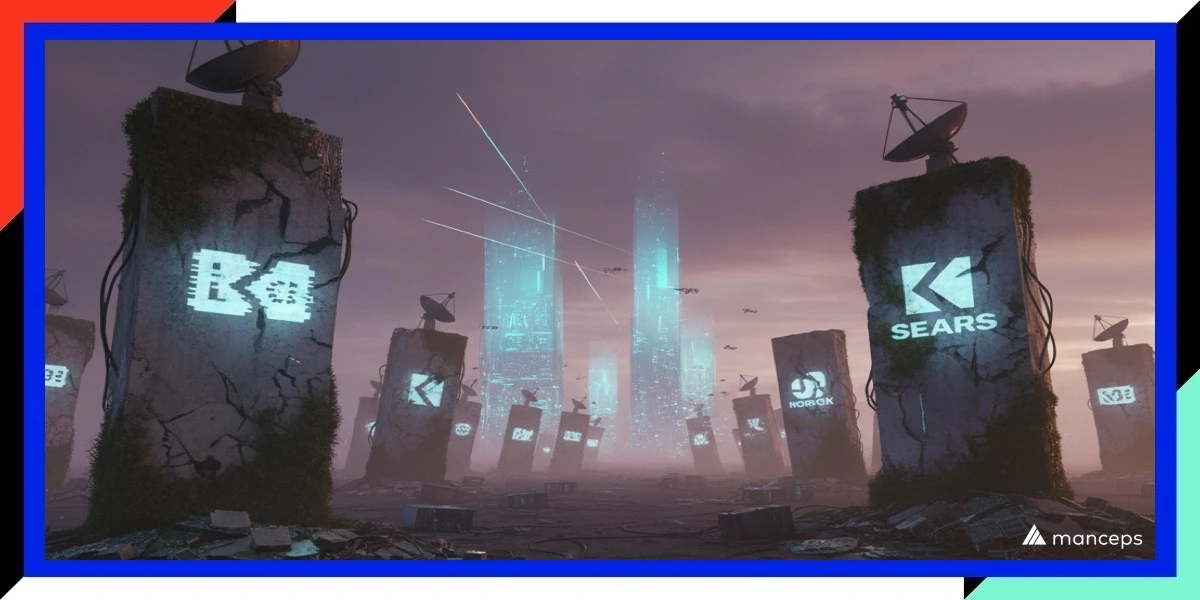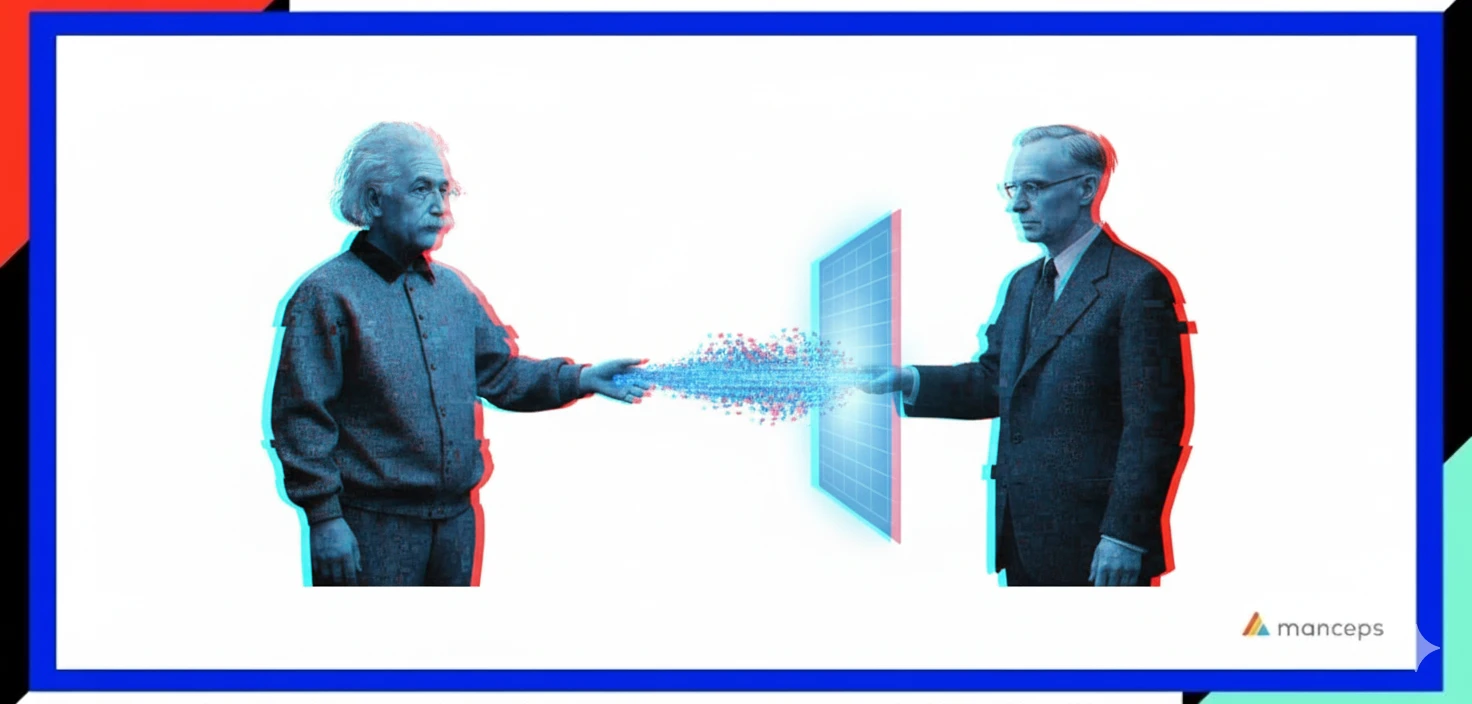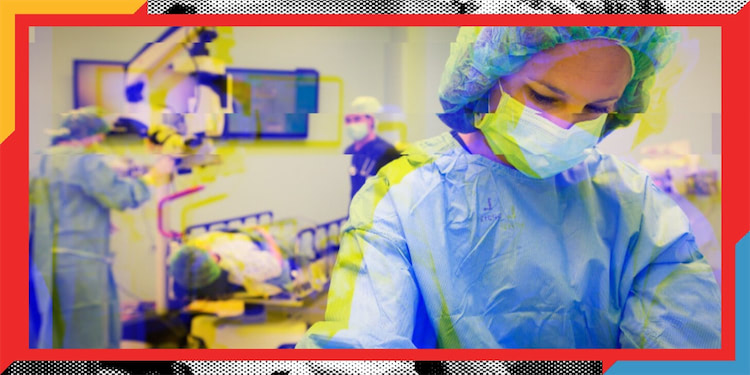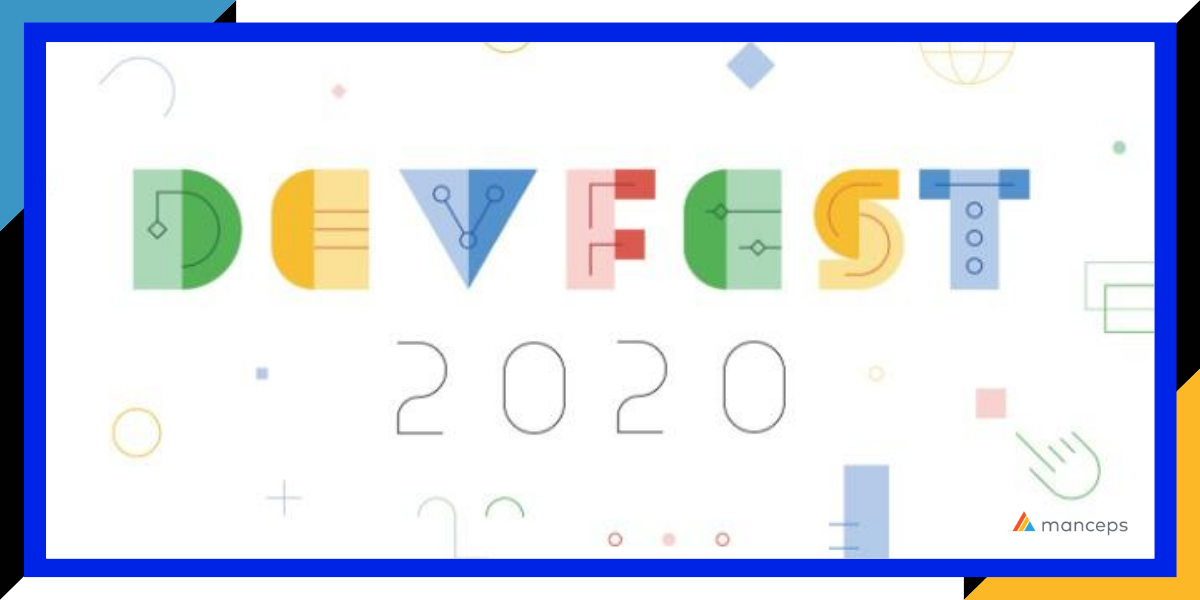EXPLORE OTHER AWesome
AI-related content
For years, we’ve been swimming in data and drowning in the "Giant Hairball" of correlation. But correlation is just a parlor trick; we're starving for causation. This is the story of the Causal Age: the shift from collecting dots to drawing the lines that explain why things happen. From scientists mapping collapsed civilizations (DEMOCRITUS) to factories mapping ROI (POEM365), a new foundation is being laid. But what about trust? Manceps introduces CortexQA, the Architect that solves the "Causal Parrot" problem. It’s an AI that debates itself, keeps your data sovereign, and refuses to guess. Stop building your strategy on hallucination. Learn why the ability to say, "I don't know, but here is what the data proves," is the most valuable asset in business.
The history of corporate power is a graveyard of incumbents, and today, generative AI presents the next existential threat: not primarily to workers, but to the businesses themselves. Executives, chasing quick wins in productivity and cost avoidance, are making a Faustian Bargain: they are rushing to feed their most valuable asset, their proprietary data and core domain expertise, into vast, generalist models offered by third-party AI vendors. This short-sighted strategy provides immediate efficiency but essentially trains a future competitor, echoing the predatory consolidation seen during the rise of cloud platforms.
This creates the "Mediocrity Trap," where unique corporate value is absorbed, averaged out, and commoditized, enabling the AI vendors to evolve into specialized domain experts. As these platforms inevitably internalize those services and launch fully automated, cheaper alternatives, the original companies, from consultants to content creators, will be rendered obsolete. Survival demands corporate sovereignty: firms must immediately stop leaking their intellectual property and instead focus on building, owning, and deploying specialized AI capabilities on their own protected data and open-source foundations.
The biggest obstacle in enterprise AI is skill lock-in. The Cartridge Activation Space Transfer (CAST) is the breakthrough solution, instantly translating specialized Domain Cartridges (LoRA adapters) between models like Gemma, Llama and Mistral. Decouple your expertise from underlying architecture, eliminate expensive retraining, and maintain 90% performance fidelity.
RAP moves beyond simple document retrieval (RAG) and uses lightweight, modular "Domain Cartridges" to instantly and dynamically inject specialized knowledge directly into the LLM's core parameters. Our breakthrough Fusion-Generation Engine selects the necessary expert cartridges (e.g., Law + Finance), seamlessly merges them into a single adapter, and generates an interdisciplinary response in one high-speed pass.
For years, LLM domain adaptation has been stuck in a compromise: the immense costs and "catastrophic forgetting" of DAPT, or the frustrating latency and clunky overhead of RAG. But a new approach is here, and it feels like a generational leap.
Discover the Memory Decoder, a brilliant, plug-and-play memory component that bypasses the limitations of its predecessors. By learning to imitate a retriever, this compact module supercharges your LLM, delivering both superior performance and unparalleled efficiency.
Can a small, dedicated "memory chip" truly make a 0.5B model outperform a 72B-parameter behemoth? The research says yes. Read on to find out how this paradigm shift could make the old methods obsolete.
MedGemma is Google's revolutionary open AI model for healthcare, offering unprecedented control and data sovereignty. Its self-hosting capability ensures privacy and governance, enabling custom fine-tuning with proprietary data. This democratizes advanced medical AI, empowering organizations to revolutionize patient care and research with purpose-built precision.
In an era dominated by cloud computing, there are still compelling reasons to host AI models on-premises. While cloud-based solutions offer scalability and convenience, certain environments demand more control, reliability, and privacy. Hosting models locally ensures greater data governance, allows compliance with industry or regulatory standards, and enhances security by keeping sensitive information within a closed network. It also becomes essential in situations where internet connectivity is unreliable or unavailable, such as in remote facilities, secure government operations, or offline field deployments. Additionally, on-prem hosting can offer reduced latency, cost predictability, and full control over model execution and updates—making it a critical choice for organizations with strict operational or compliance requirements.
This will show you how to run a basic document Q&A offline using:
Ollama + local LLM (Gemma3, Mistral, Llama3.3, etc.)
LangChain
FAISS (vector DB)
SentenceTransformers (embeddings)
PyPDF (PDF loading)
PaLM 2 is Google's next generation large language model that builds on Google’s legacy of breakthrough research in machine learning and responsible AI.
It excels at advanced reasoning tasks, including code and math, classification and question answering, translation and multilingual proficiency, and natural language generation better than previous state-of-the-art LLMs. It can accomplish these tasks because of the way it was built – bringing together compute-optimal scaling, an improved dataset mixture, and model architecture improvements.
This article offers a quick and straightforward method for leveraging the PaLM 2 API to extract knowledge and ask questions from text.
Watch videos of some of the world's top AI experts discuss everything from Tensorflow Extended to Kubernetes to AutoML to Coral.











